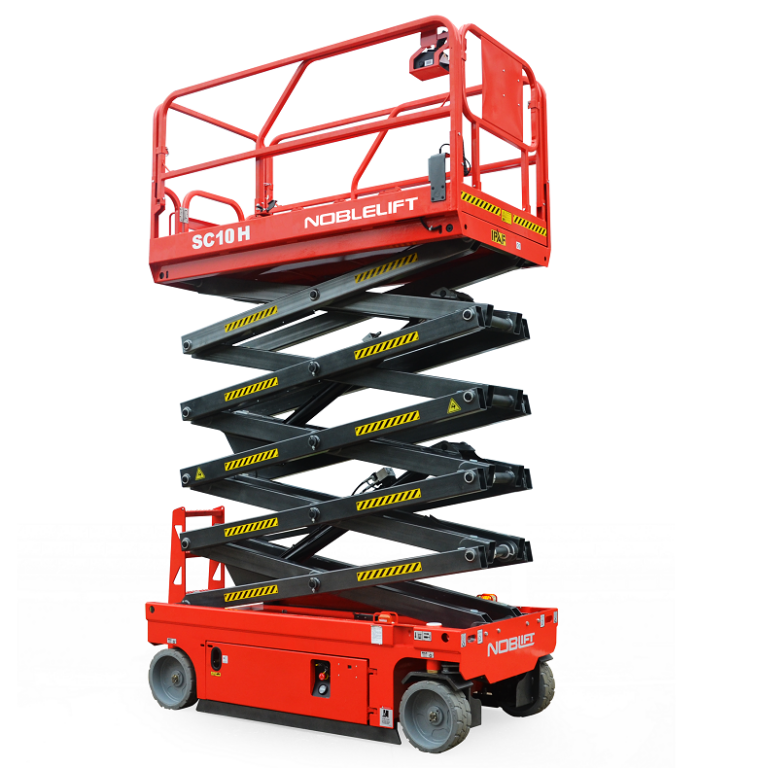The Economics of Forklift Leasing vs. Buying: Which is Right for Your Business?
In the world of material handling and logistics, forklifts are indispensable tools that significantly impact operational efficiency. However, businesses often face a crucial decision: whether to lease or buy forklifts. Both options have their advantages and drawbacks, and the right choice depends on various factors, including financial considerations, operational needs, and long-term goals. In this article, we will explore the economics of forklift leasing versus buying to help you determine which option is right for your business.
Financial Flexibility
One of the primary benefits of leasing a forklift is the financial flexibility it offers. Leasing allows businesses to use the equipment without the need for a significant upfront investment1. Instead, companies make regular lease payments, which are typically lower than the cost of purchasing a forklift outright. This arrangement frees up capital that can be allocated to other critical areas of the business, such as inventory, marketing, or expansion.
 forklifts Aerial Platforms | China Trade price on Manufacturer Wholesale Materials Handling Platforms Aerial Platforms sale Buy Online Industrial Equipment USA/UK/India/Australia/CANADA | ForkLift
forklifts Aerial Platforms | China Trade price on Manufacturer Wholesale Materials Handling Platforms Aerial Platforms sale Buy Online Industrial Equipment USA/UK/India/Australia/CANADA | ForkLiftOn the other hand, buying a forklift requires a substantial initial investment. While this may strain the company’s cash flow in the short term, owning the equipment outright can lead to long-term savings. Once the forklift is paid off, there are no ongoing lease payments, and the business can benefit from the full value of the asset.
Maintenance and Repairs
Maintenance and repair costs are another important consideration when deciding between leasing and buying a forklift. Many leasing agreements include maintenance and repair services as part of the lease package. This means that the leasing company is responsible for keeping the equipment in good working condition, reducing the burden on the business. Additionally, leasing allows businesses to upgrade to newer models with the latest technology and safety features, ensuring optimal performance and compliance with industry standards.
In contrast, when a business owns a forklift, it is responsible for all maintenance and repair costs. While this gives the company full control over the equipment, it also means that unexpected repair expenses can arise, potentially disrupting operations and impacting the budget3. However, owning a forklift allows for greater customization and modifications to suit specific operational needs.
Tax Implications
Tax implications play a significant role in the decision to lease or buy a forklift. Lease payments are typically considered operating expenses and can be deducted from taxable income, providing a tax benefit to the business. This can result in significant savings, especially for companies with high tax liabilities.
On the other hand, purchasing a forklift allows businesses to take advantage of depreciation deductions. The cost of the forklift can be depreciated over its useful life, reducing taxable income and providing long-term tax benefits. Additionally, some jurisdictions offer tax incentives for businesses that invest in capital equipment, further enhancing the financial advantages of buying.
Operational Considerations
The decision to lease or buy a forklift also depends on the specific operational needs of the business. Leasing is often the preferred option for companies with fluctuating demand or short-term projects. It provides the flexibility to scale up or down as needed, without the long-term commitment of ownership. Leasing also allows businesses to access the latest models and technology, ensuring that they have the most efficient and reliable equipment for their operations.
Conversely, buying a forklift is a better option for businesses with consistent, long-term needs4. Ownership provides stability and control, allowing companies to fully integrate the equipment into their operations. It also eliminates the restrictions and limitations that may come with leasing agreements, such as usage caps and return conditions.
Conclusion
In conclusion, the decision to lease or buy a forklift depends on various factors, including financial flexibility, maintenance and repair costs, tax implications, and operational needs. Leasing offers financial flexibility, reduced maintenance burdens, and access to the latest technology, making it ideal for businesses with short-term or fluctuating needs. On the other hand, buying provides long-term savings, tax benefits, and full control over the equipment, making it a better choice for businesses with consistent, long-term requirements. By carefully evaluating these factors, businesses can make an informed decision that aligns with their goals and maximizes their operational efficiency.